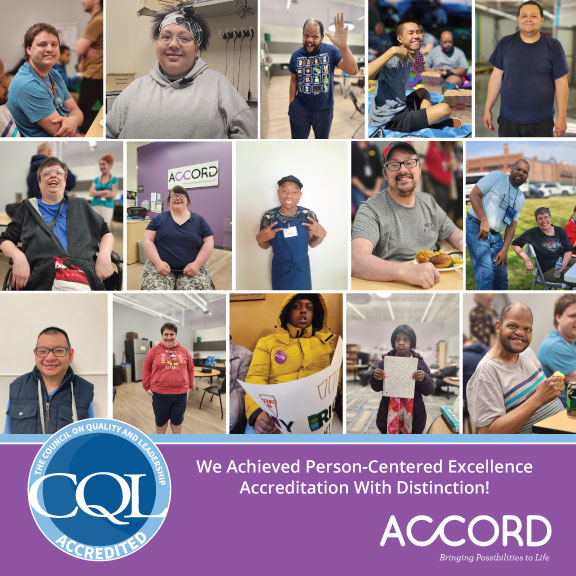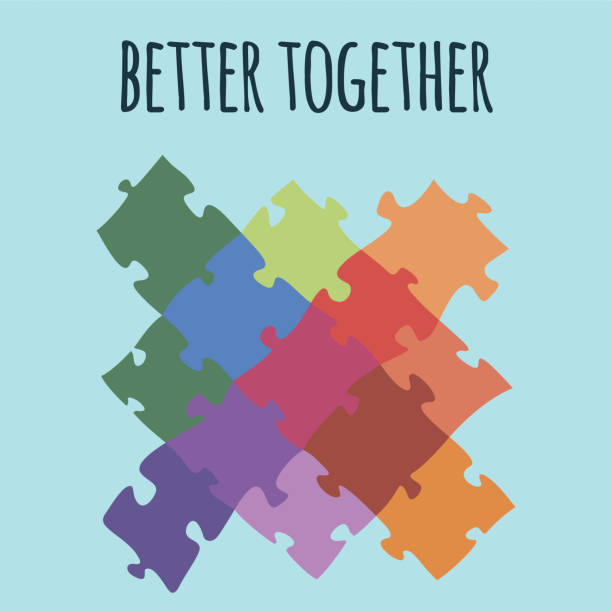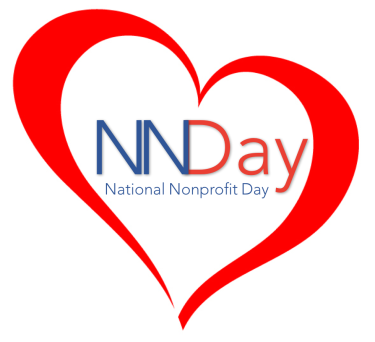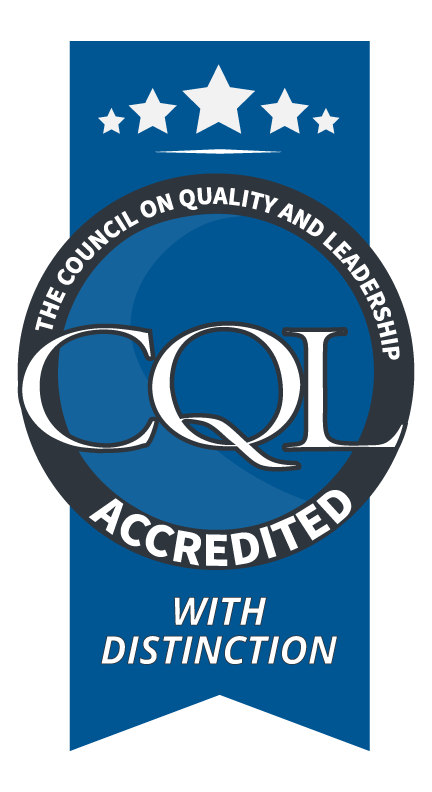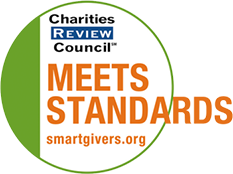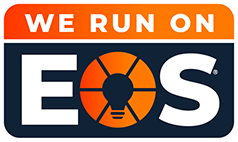by Kris Unise
Share
by Kris Unise
Share

4 Things You Need to Know About Transition Programs
By Stephanie Kocer
A transition program after high school in special education can help with the movement from school-based services to adult services. This major transition happens for most individuals in special education when a child ages out of IDEA programs and is instead served by adult vocational and developmental agencies.
Navigating this time of change can be scary for both children and their parents/guardians. Below are 4 things you need to know about transition programs.
- What is a Transition Program?
- First, it’s important to know what happens in a transition program. Most programs are structured to teach students, ages 18-22, independent living skills and vocational skills. Programs usually take place in community settings like work sites, the bank, public transportation, and other locations. Transition students learn important skills in these programs like how to ride public transportation, budget earnings, make purchases, behave appropriately in different settings, and follow directions. The overall goal of a transition program is to help an individual be as independent as possible, especially when it comes to finding employment.
- The Planning Starts Early
- Although moving your child into a transition program can seem like an intimidating life change, it can be simplified by making a plan for it. The IDEA programs require that transition planning start when a child is still in high school at age 16. This process goes beyond just education, too. Parents, along with their child’s teachers and agency representation, will focus on concerns about independent living, integrated employment, and community participation. Schools will offer information for parents about transition program adult services that are available through primary agencies, including vocational rehabilitation, the Social Security administration, state-level agencies, and independent living centers.
- Ask the Important Questions of your Child
- It’s important to know not only your child’s independent needs, but also what their goals are for the future. Make sure you are asking them important questions to get a sense of what they want in a transition program. What’s their long-term goal in the area of postsecondary education or training? What’s the student’s long-term goal in the area of employment? What is the student’s long-term goal in the area of independent living and community participation?
- Know the Resources Available to You
- There’s plenty of information and resources available to your family to plan for this big transition. Start with a simple online search for programs in your state. Your child’s special education teachers can provide you information about various transition programs offered, too. It’s important to attend transition fairs to learn about the various agencies that can support your child during their transition period. Maybe most beneficial, is just talking to other parents who have a child going through transition. They can offer valuable insights and observations to help you and your child make decisions along this new journey.
For more information about transition programs, visit https://www2.ed.gov/programs/tpsid/index.html
STAY IN THE LOOP


